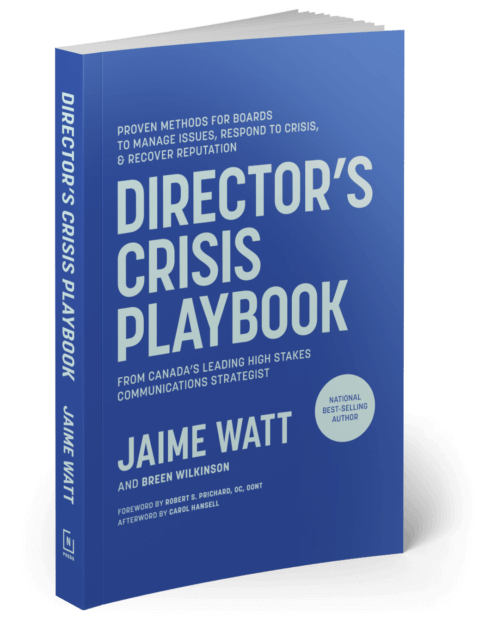Spring has sprung and with it the Liberal government is clearly waking up from a long period of hibernation.
The string of spending announcements leading up to Budget 2024 amounted to the most energetic activity we’ve seen in some time.
And guess what?
It’s still not working. Not even close.
A $2.4 billion investment in the AI sector? Too little. A new multibillion-dollar plan to finally “solve” Canada’s housing crisis? Too late. The overall budget? Gives new meaning to the phrase “a dollar short and a day late.”
And while the Liberals may be waking up from a long winter’s nap, the polls never took a break — the latest reveal the Conservatives are now leading by 20 points, their largest lead yet.
The first is optimism, a sentiment that breeds a narrow mentality that refuses to engage with the possibility your opponents will assume power and has your government whistling past the graveyard, always believing you will be back to finish your work.
The second is one of pessimism and paralysis. One that believes the clock has run out. One that sees the office water cooler conversations reduced to a “Why bother? The new guys will just undo everything we do.”
The truth is both positions miss the point. As the saying goes, the pessimist complains about the wind; the optimist expects it to change; the realist adjusts the sails. This approach, of neither misguided optimism nor idle defeatism, but of pragmatic determination is the one Justin Trudeau must adopt in the lead up to the 2025 election; because it is this approach that history proves is the most effective way for the Liberals to make their remaining time count most.
Time and again, newly minted governments trade on the energy and momentum that carries them into office. Immediately, they set about reversing course on the major priorities of the previous government. They make a triumphant show of “turning the ship around.” But here’s the challenge: once the electoral fog clears and that new government is confronted with the serious work of actually governing, it inevitably runs up against the vicissitudes and fundamental difficulties of changing some of these very politicized initiatives around.
Prime examples are, of course, free trade and the GST. For years, Brian Mulroney’s opponents confidently declared they would tear up both once they assumed the mantle of power, yet never did.
The brute reality is, of course, that the Conservatives will undoubtedly uproot many of the Liberal’s major policies. The Tories’ pledge to “Axe the Tax” is no mere idle threat. And it’s equally true that, if they are successful, a Pierre Poilievre government will arrive with many more commitments to which they are equally committed.
While I fully expect that a new Conservative government will implement far more of their promises than has been seen since then-premier Mike Harris took office in 1995, they simply won’t be able to do them all. And here is where the opportunity for the departing Liberal’s comes in.
The Liberals should seize upon those issues that have long plagued us but the solutions for which have not been possible until a government is unpopular and in its dying days.
Those that have required the heavy lifting that no previous government has had the guts to resolve: opening up our economy to greater international competition (particularly those areas where we pay more for services than other countries), eliminating agricultural supply management, ridding us of interprovincial trade barriers, finding new ways to bring our natural resources to market.
Far from being constrained, the reality is the Liberals are actually in a unique position to take far more aggressive swings to solve these problems; problems that aren’t simply solved by spending money we don’t have, but through ingenuity and genuine political courage.
Every once in a while, you can actually rearrange the deck chairs on the Titanic with some effect.


